Staying Fit

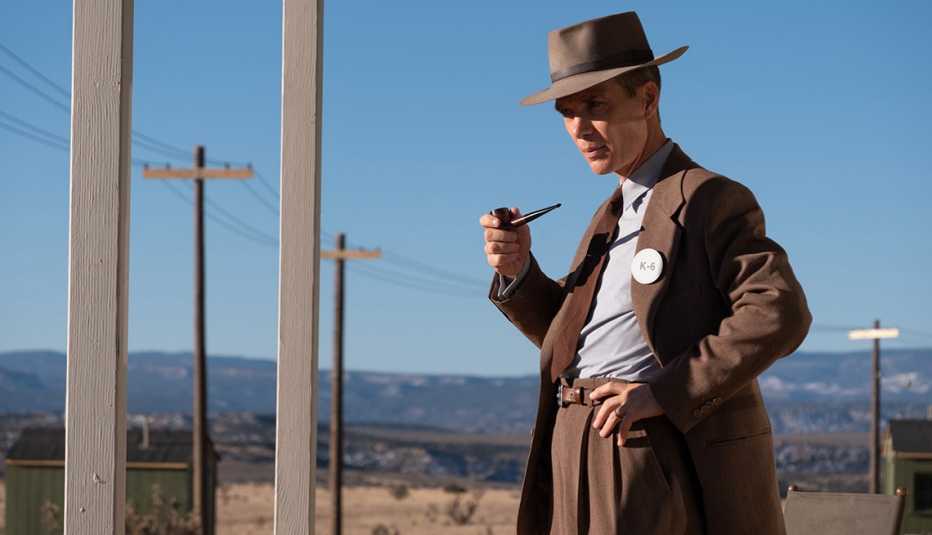
Oppenheimer may be the smartest blockbuster movie ever made, but boy, is it confusing — and nuclear physics isn’t even the hardest thing to understand about it. The rapid-fire dialogue, vast cast of characters, multiple feuds and complicated issues come at you at the speed of light, and the hero is a wildly contradictory character. He's so weird you might think director Christopher Nolan must be making it up. But the portrayal is close to 100 percent true.
Here is some background that will give you a better shot at comprehending the most ambitious biopic of the year.


AARP Membership— $12 for your first year when you sign up for Automatic Renewal
Get instant access to members-only products and hundreds of discounts, a free second membership, and a subscription to AARP the Magazine.

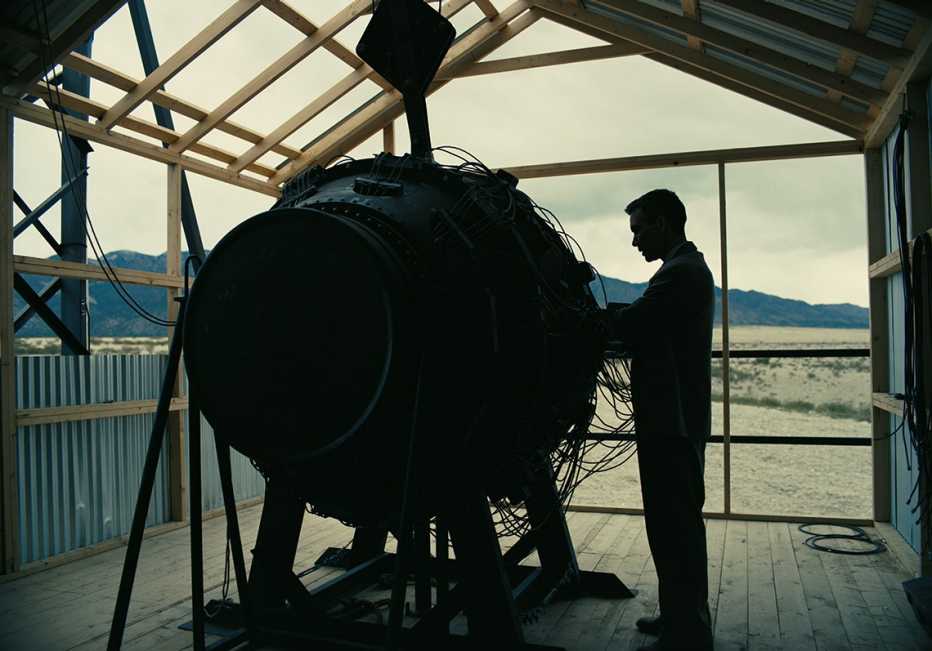
Oppenheimer was the father of the atomic bomb.
J. Robert Oppenheimer was the scientist who predicted black holes in 1939, and he directed the physicists who created the first atomic bombs, which helped end World War II. Then he said that he felt he had blood on his hands, advocated international nuclear disarmament and opposed the development of the hydrogen bomb, a weapon 1,000 times more destructive than his A-bombs. So the government revoked his security clearance, booting him off his Atomic Energy Commission job.


He thought H-bombs were a worse idea than A-bombs.
At first, he didn’t think H-bombs could work. When he realized they could, he thought that while A-bombs could repel a Soviet invasion of Western Europe, H-bombs would just obliterate cities, triggering a devastating arms race. He also naively thought the Soviets would sensibly agree to limit nukes at the peak of the Cold War.

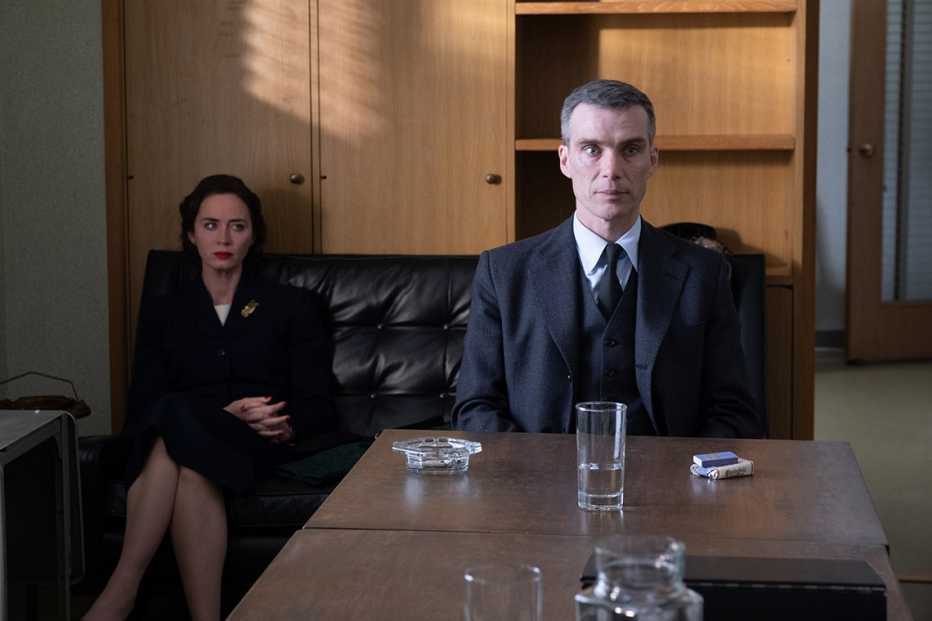
Oppenheimer wasn't really a communist, as his persecutors claimed.
But his wife, brother, close friend and mistress were all communists or ex-communists, and during the ’50s Red Scare, if you hung out with commies — and in the ’30s had advocated a minimum wage, racial integration and fighting Fascists in Spain, as Oppenheimer had done — your career was in peril. Plus, Oppenheimer unknowingly hired a Russian spy for his A-bomb team, and had tried to protect a communist friend from government investigators.





























































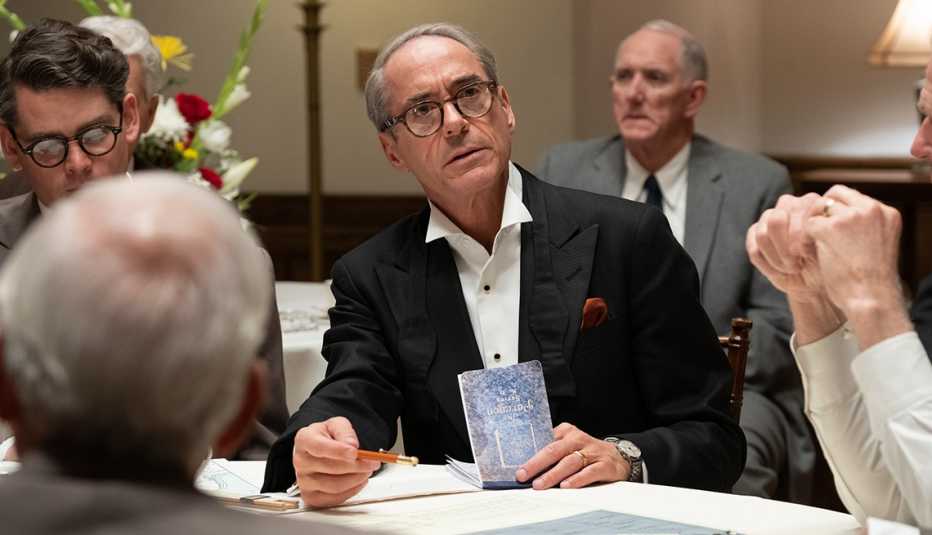
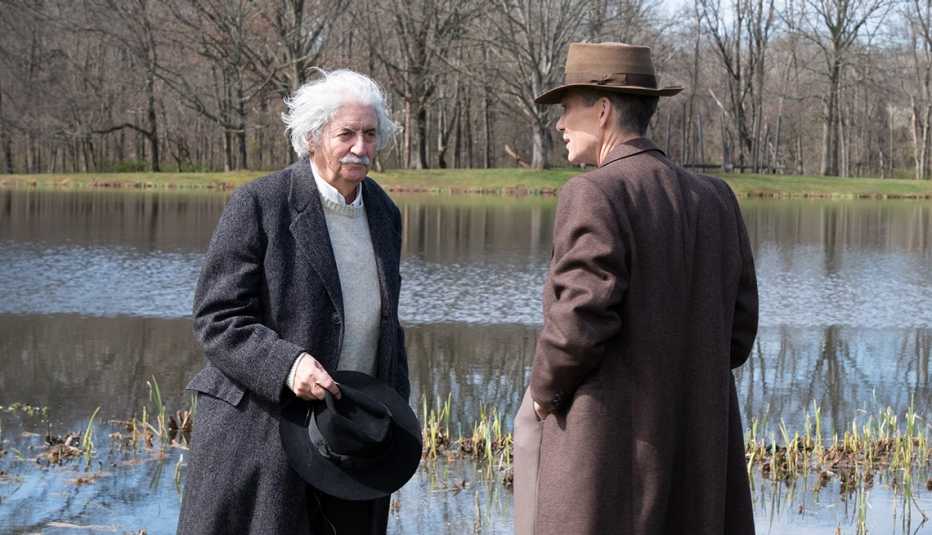
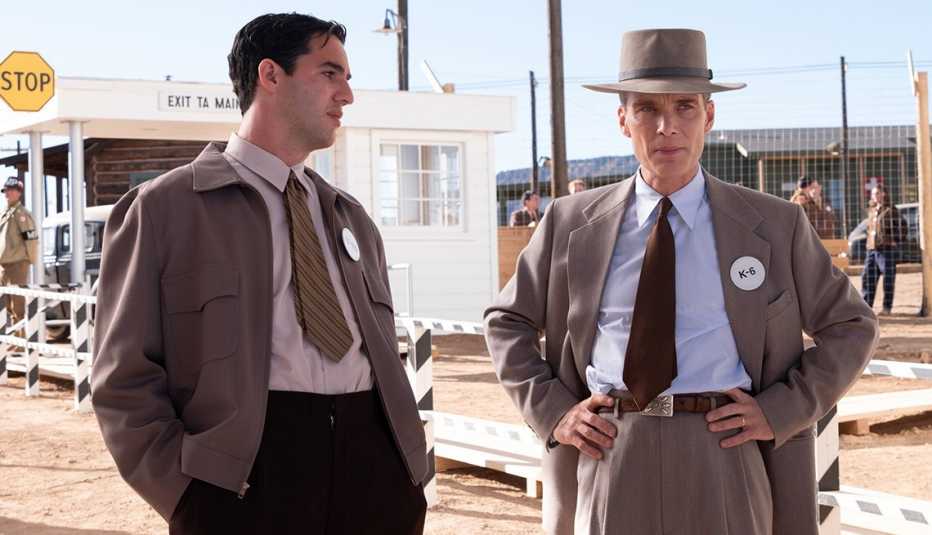

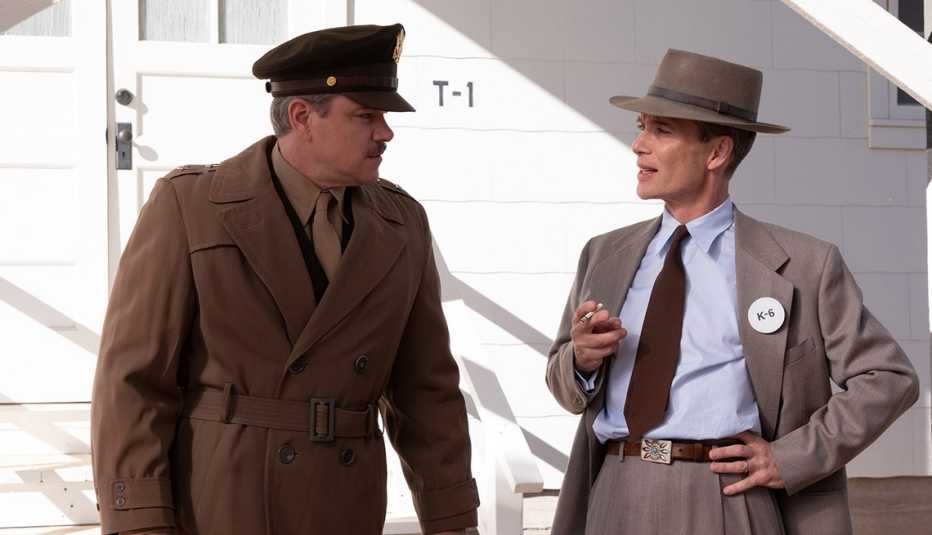
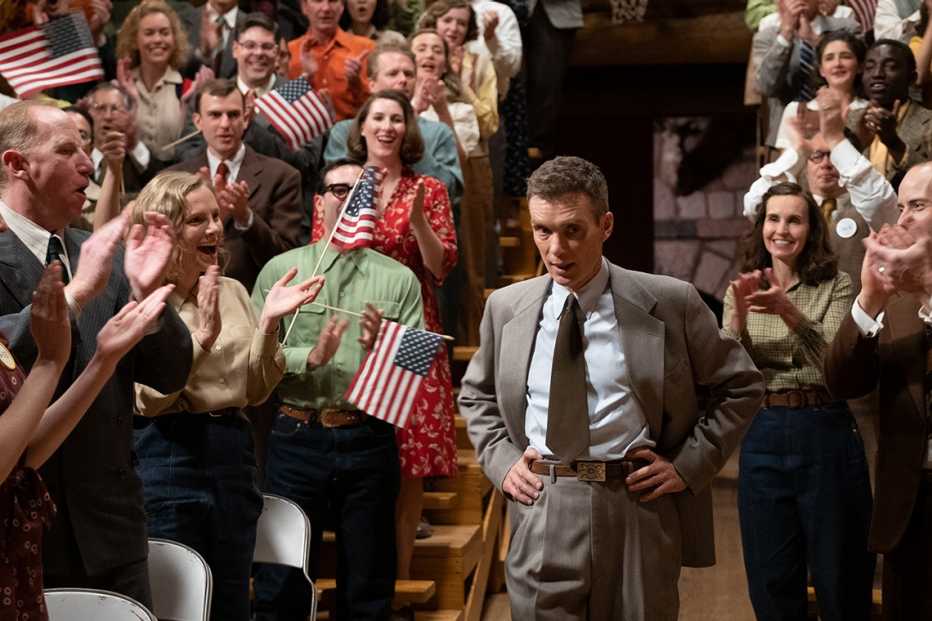






More From AARP
Your Ultimate Guide to This Summer’s Best Movies
Don't miss these upcoming films in theaters and streamingSummer Entertainment True-or-False Test
We rate how factual (or fictitious) upcoming films and shows really are
Barbie's Fashion Designer Carol Spencer, 90, Tells All About Her Tiny Pal
The woman who designed (and sometimes wore) Barbie's outfits reveals her secrets